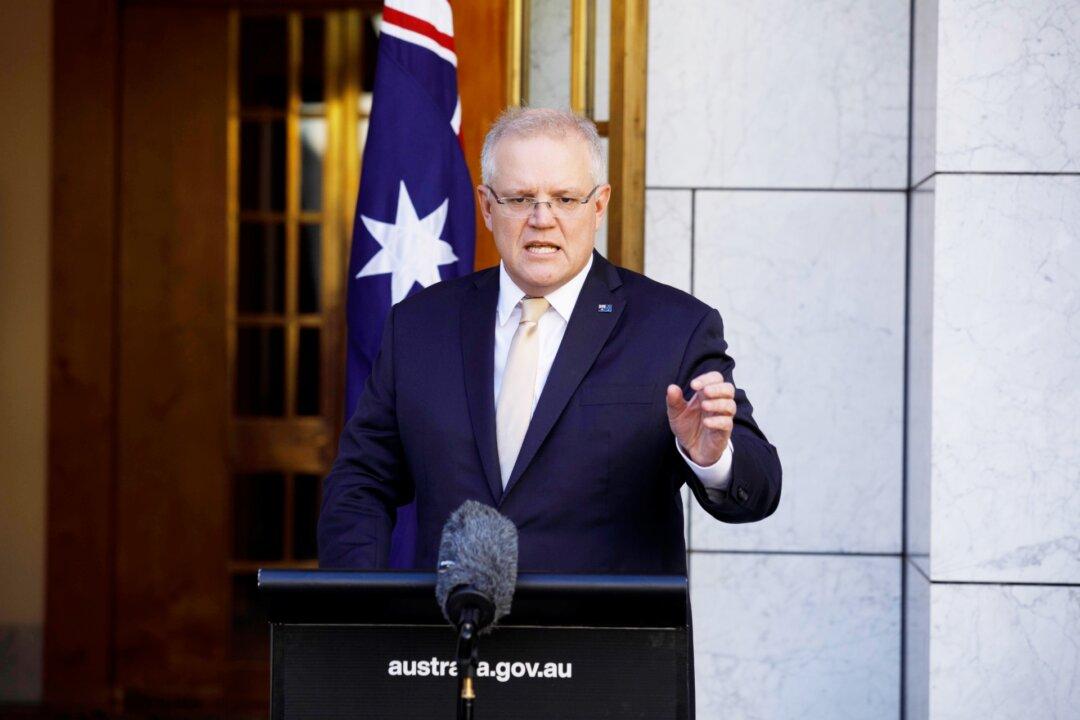Australian Prime Minister Scott Morrison unveiled on Thursday a new cybersecurity strategy (pdf) to protect the country’s critical infrastructure against cyber-attacks. New legislation will be introduced to give law enforcement agencies powers to access the networks of companies deemed critical infrastructure to protect them against potential cyber-attacks.
The strategy says, “The Australian Government will ensure law enforcement agencies have appropriate legislative powers and technical capabilities to deter, disrupt and defeat the criminal exploitation of anonymizing technology and the dark web.”





